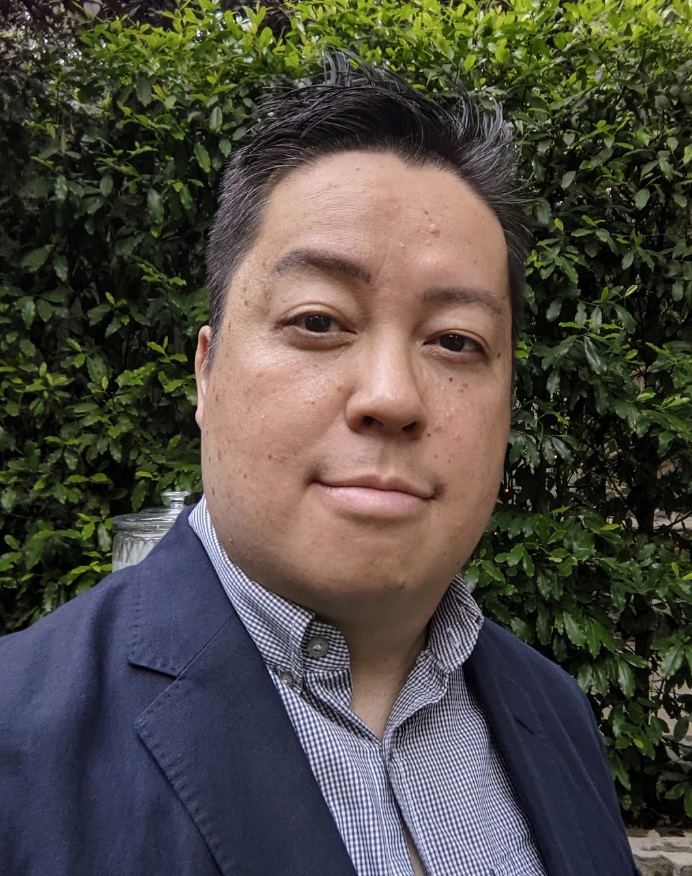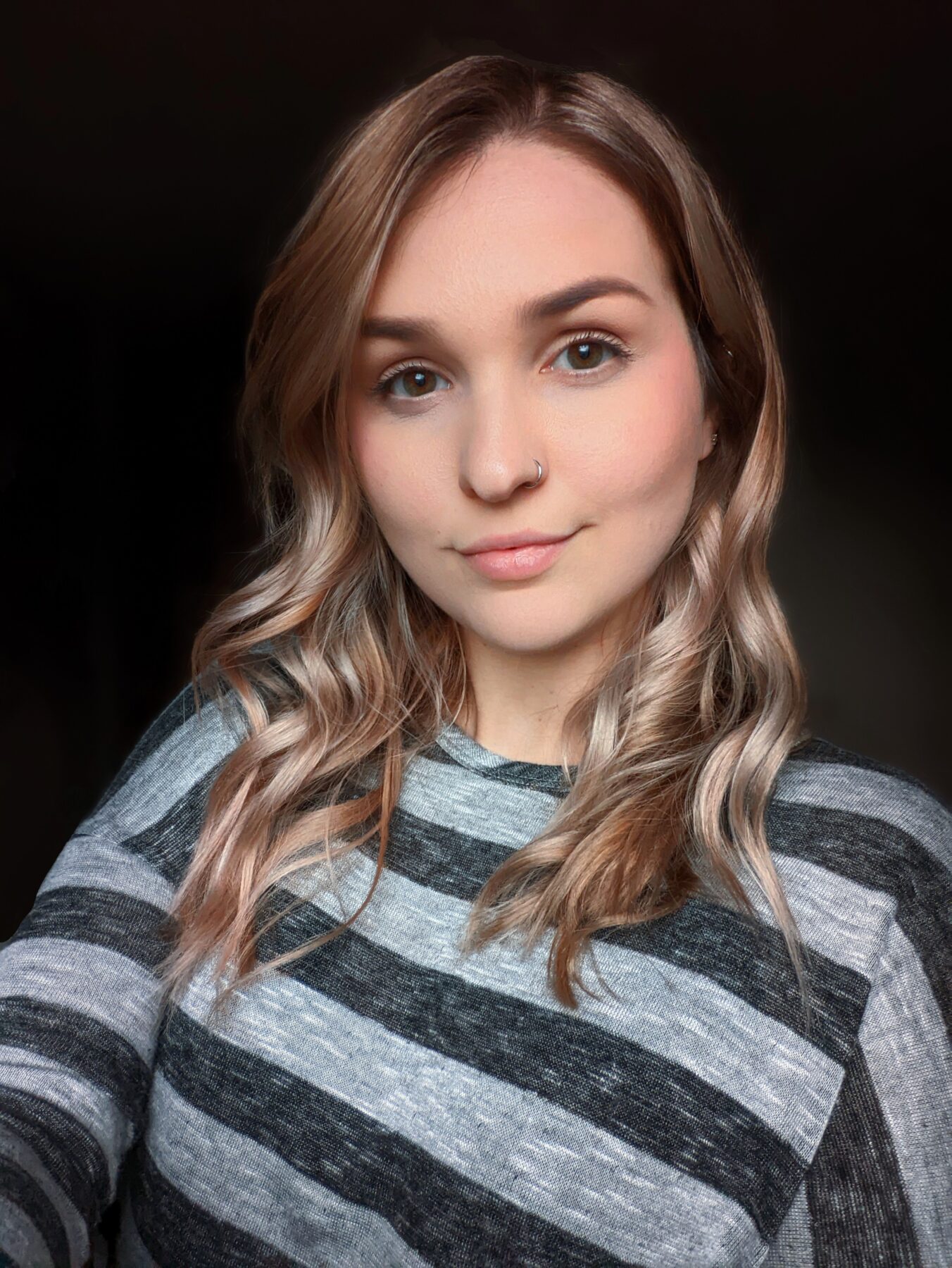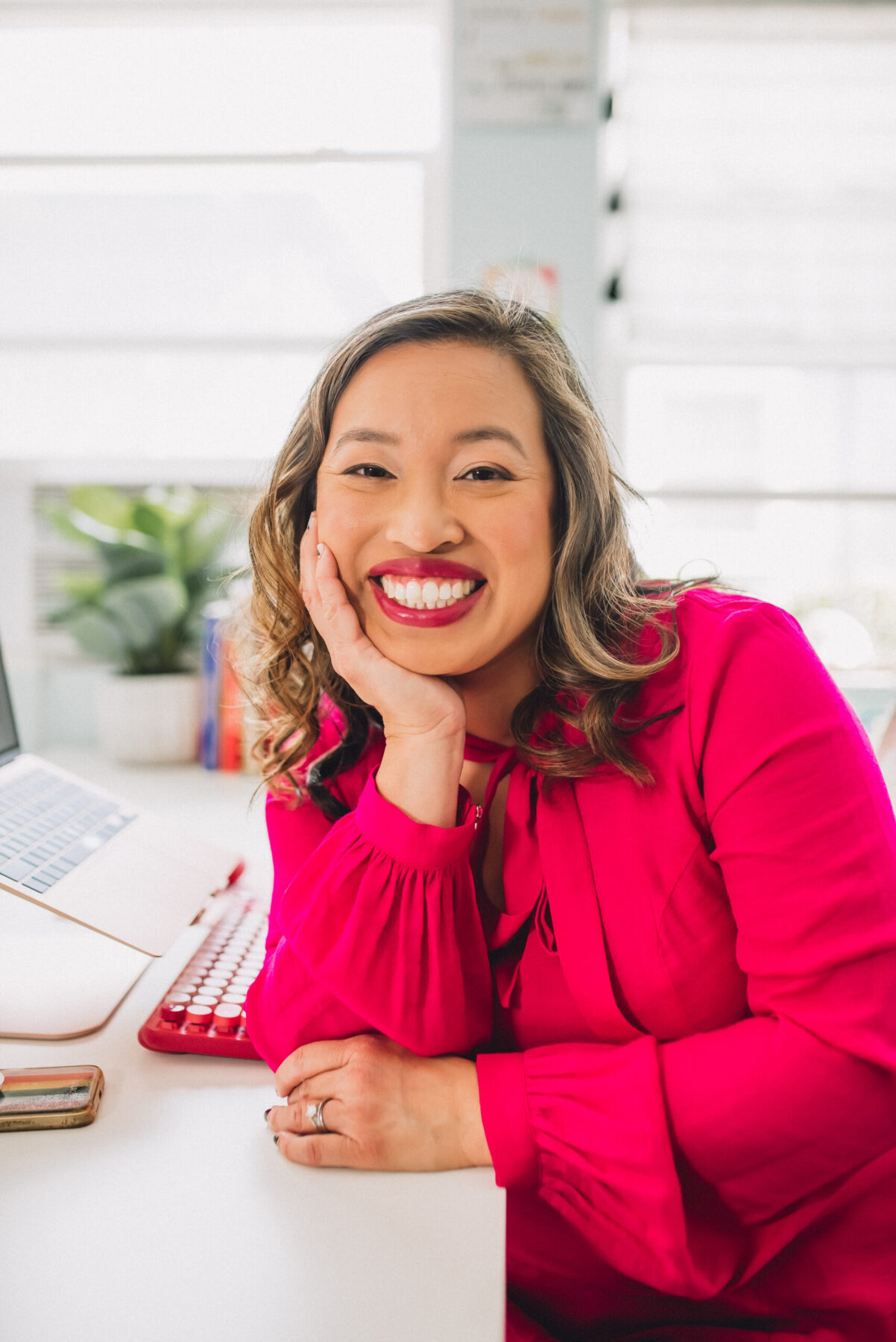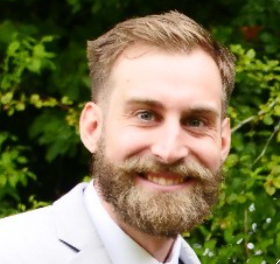
Throughout my nearly 20-year career, I’ve made a social media plan, written breaking news stories and edited articles for multiple big-name publications — all for free.
That’s because I wasn’t a staffer or freelancer when I received those assignments. They were unpaid edit tests, an often laborious exercise given by hiring managers to evaluate the skills of job candidates. They’re also a necessary hurdle for young and experienced journalists alike.

The value of an edit test is clear. Lawrence Yee, an Emmy Award-winning editor who has worked at Variety and Fandom, said resumes and reels can’t show everything. Edit tests are “the most valuable tool when you’re evaluating writers and editors,” he said. “In the interview process, there are things and skills you just can’t assess without doing an edit test.” However, asking applicants to commit several hours — or even weeks — to unpaid work isn’t fair or possible for everyone.
“I feel like testing makes sense at your first job,” said Lauren Schneider, a former broadcast journalist who now works in communications. “But once you get higher up in market level, I think they just need to trust people’s experience. Removing barriers in that way would help, and encourage more people to apply.”
I talked with several journalists about how the edit test process can become more equitable and less of a nuisance. Here’s their advice.
Set expectations early
While working in broadcast journalism, Schneider encountered the TV equivalent of the unpaid edit test — writing up a story and doing a screen test, usually a live shot. When she was a TV reporter in Altoona, Pennsylvania, she interviewed for a larger market. With the big jump, of course, came a more demanding screen test.
After an all-day in-person interview and the nightly newscast, the hiring managers had Schneider write up a local breaking news story, do a live intro and a live shot within 10 minutes.

“I had expected to go ahead, as every live shot I’ve ever done, but I didn’t know that they told the anchors to mess with me,” she said. “It went from them asking very specific questions about the news story that I didn’t have answers for to asking me like just random personal questions like, ‘What’s your favorite food that you’ve tried here so far?’ because they wanted to see how the crosstalk was. I was just not prepared for that.”
Schneider got the job, but in retrospect, she wishes she got a heads up from the hiring manager about the additional challenge. Transparency about what applicants can expect during tests would ease panic and overwhelm, she said.
My former boss Alex Benedon, a longtime podcast editor and showrunner, said most podcast applicants come from other industries, meaning they might not have samples of narrative nonfiction podcast scripts. So Benedon makes sure to set his expectations up front to find the candidates who are the best fit.
“I think being able to be as specific as possible helps,” he said. “Give people as much as you’re able, like style guides and resources. Don’t just cast someone out there, saying ‘Hey, just do this,’ and then we’ll see how we like it.”
Ask for a reasonable time commitment
A few years ago, freelance journalist and author Jennifer Chen interviewed at an online publication that required a 2-week-long edit test. In it, she was required to pitch an interview with a celebrity, then line up the interview and write up interview questions as she would for the publication.
“That’s a lot of work for no guarantee that I’m ever going to use this,” Chen said. “I just remember sitting there being like, ‘How would I even broach this with someone when it’s not even going to be a real article?’”
Even though the assignment seemed like a lot, she completed it — only to be ghosted.

“I felt really irked about that because I was like, at least send me an email saying, ‘Thanks for your time. We decided to go with somebody else,’” she said. In contrast, Chen was impressed with her recent experience with The New York Times’ Wirecutter. After interviews with a recruiter and the hiring manager, she took a three-part edit test. She had a week to hand it in, but the editor emphasized that she shouldn’t take more than one to two hours with it.
“They were very clear about what they wanted, and that made the process easier for me,” Chen said. “Even in the instructions, it said, ‘This test should take no more than 30 minutes.’”
That’s why Yee recommends that edit tests be no longer than about 90 minutes to measure how well you write and edit.
“That’s to test pure copy skills,” he said. “It’s literally just, ‘Here’s the box office report from this weekend. Write me a 300-word box office recap.’ If you are going for a creative role, and you’re putting your creative ideas in there, it should be paid or compensated.”
Pay applicants for their time
The fact that edit tests are mostly unpaid is one of the most common complaints from job applicants. The Poynter Institute and the Columbia Journalism Review have long called for media outlets to pay for edit tests.
Of the many I’ve taken in the past two decades, only one gave me an hourly rate for the two-hour test. Unfortunately, paid exams seem to be rare across digital, TV and podcasting, but paying for candidates’ time can make a big difference. Unpaid tests discourage those who aren’t able to lend a huge chunk of time to unpaid work, including those from underrepresented communities.

Benedon recently took a paid edit test at a podcasting studio, and he immediately noticed a difference in his approach.
“It showed to me that they valued my time and that they wanted me to do the best job possible,” he said. “I think it’s just so much more of an incentive to do it when you’re getting paid for it.”
A few years ago, Benedon administered an unpaid edit test for full-time editor positions that involved editing a five-page podcast script. In his hiring decision, he took into account how much free effort it required, and whether some candidates were still working full-time jobs.
“I put a little less emphasis on [the edit test] in the hiring criteria because I knew it wasn’t paid,” he said. “It was the middle step, and there were still interviews that happened after that because I didn’t want the test to be the sole barrier.”
It’s something Schneider has also considered when hiring employees as the current head of communications at the software company Compt. The company’s founder didn’t want anyone to work for free.
“[She] said, even with freelancers or bringing people on, if we were going to ask anybody to do work, we’re going to pay them and ask them what their rate is,” Schneider said. “Then that can be their test. But they are getting paid for it.”
Guard against idea theft
Having ideas or pitches stolen is one of the biggest fears journalism job applicants have — especially when edit tests mostly involve submitting original work. Yee and Chen said it happened to them several times.
After Chen took an edit test for a role at a prominent online women’s publication, she later noticed that one of her test ideas had become an article. “So I’m wondering, ‘How much did you cull from the candidates who went through this test?’” she said.
Yee experienced something similar several times in his career, and it was enough to inspire him to come up with a solution.
“I took a very involved creative exercise for one of my more recent jobs and I said in my responses that you cannot use these ideas,” he said, noting he believes they complied. “That was something that I learned from being burned the previous times.”
Aside from that, companies should proactively reassure candidates that the ideas in an edit test will stay in the edit test — and not be used for anything further unless permitted. “If you are going for a creative role, and you’re putting your creative ideas in there, I think that’s not an unfair ask,” Yee said. “Your ideas are worth money.”



